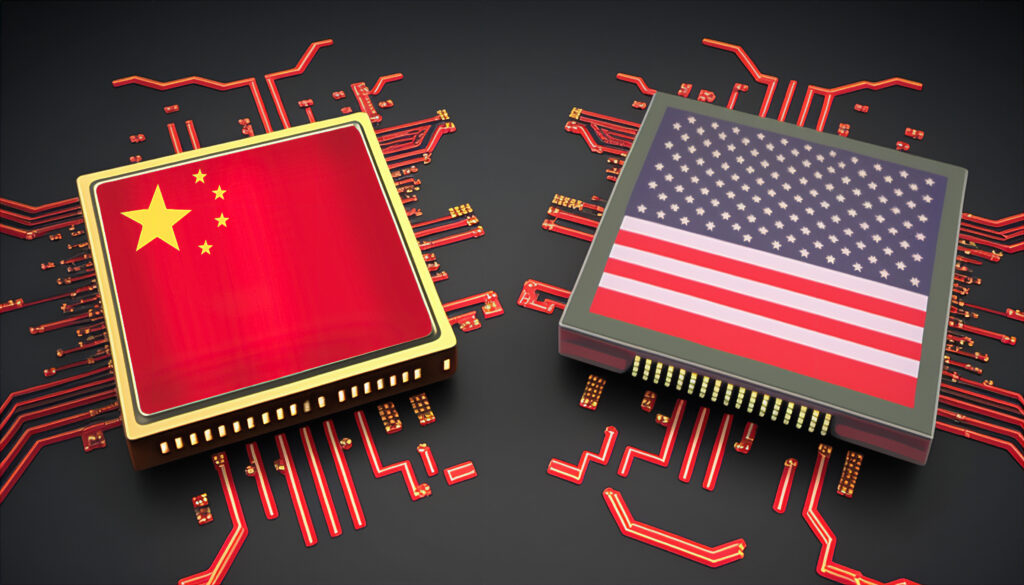Global chipmakers, including Intel and Samsung, are optimistic about the end of a semiconductor supply glut. The oversupply of commodity chips resulted in significant operating losses for memory chipmakers like Samsung and SK Hynix. While demand for chips supporting generative AI is growing, it still only accounts for a small portion of overall chip demand, impacting corporate spending on servers.
Why it matters: The semiconductor industry plays a crucial role in powering various technological devices, from smartphones and PCs to data centers. Understanding the trends in chip demand and supply is essential for both chipmakers and tech companies relying on these components.
- Major markets for chips, such as smartphones, PCs, and data centers, have experienced a decline in demand due to weak global economic conditions, high inflation, and rising interest rates. This resulted in an unprecedented oversupply of commodity chips, causing significant operating losses for major memory chip manufacturers.
- “The oversupply “has started to ease largely due to production cuts and as a decline in PC shipments eased to 11% in the June quarter compared to a 30% slump in each of the previous two quarters, data from tech analysts Canalys showed.”
- The recovery in demand is gradual, and while the demand for chips supporting generative AI is increasing, it still represents a small fraction of overall chip demand. This is impacting corporate spending on servers as companies prioritize investment in AI-related technologies.
- Manufacturers of chip-making equipment, such as KLA Corp and Lam Research, are benefiting from the AI boom as they forecast higher revenues. Additionally, chipmakers are increasing the production of high-end chips used to support AI applications, leading to an increased demand for AI server memory and DRAM chips.










